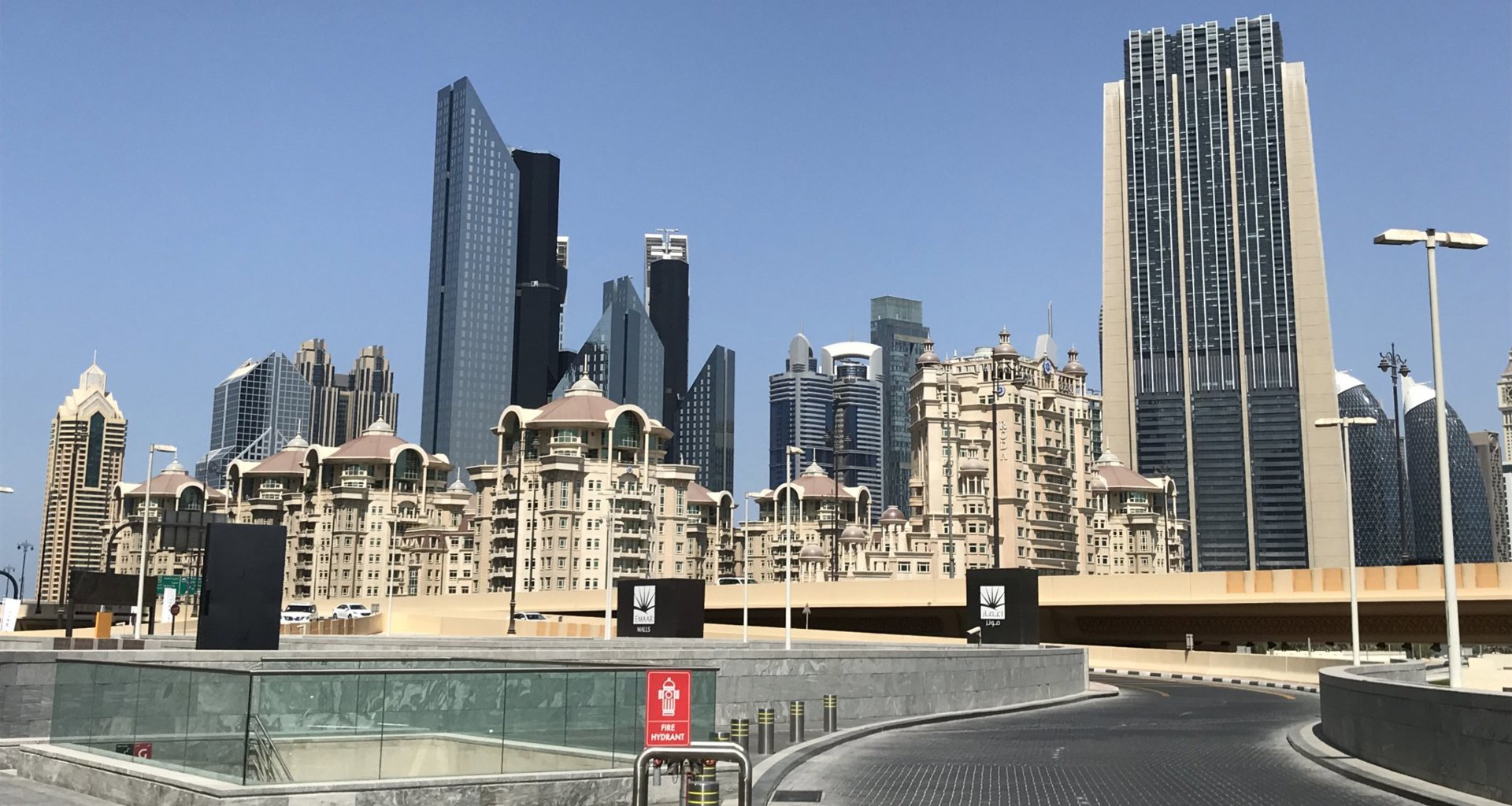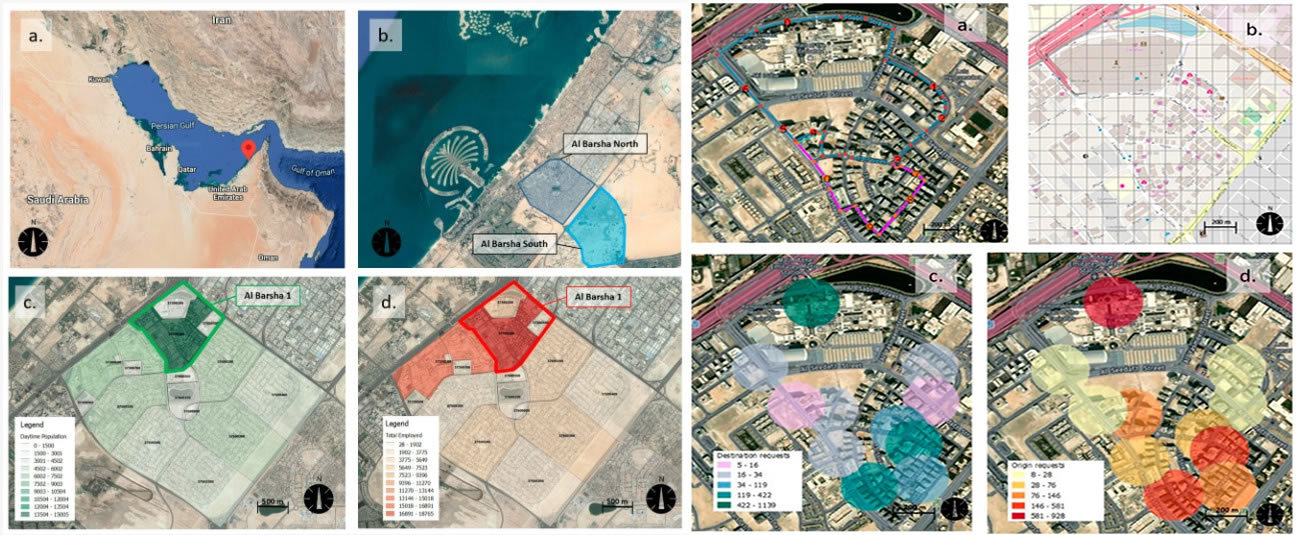
Context
The increase in population and city size leads to a growing demand for transportation and heterogeneous mobility habits. This, in turn, can lead to economic and social inequalities in a context of rapid economic growth. The provision of a flexible transportation service in fast-growing cities represents a promising strategy to overcome the limitations of conventional public transport and avoid the use of private cars, promoting greater accessibility and social inclusion. This article presents the case of Dubai (United Arab Emirates), where an on-demand transportation service from the MVMANT project, developed by Edisonweb and tested in collaboration with the Roads and Transport Authority in some low-demand areas, was tested.
Method
The article is based on the use of an agent-based model calibrated with real Geographic Information System (GIS) data to reproduce the service and find optimal configurations both from the point of view of the transport operator and the community. Different scenarios were simulated, modifying the vehicle assignment strategy and capacity, and comparing MVMANT with a ride-sharing service with smaller vehicles. The results suggest that the route choice strategy is important for finding a balance between costs for the operator and users, and that these types of flexible transports can meet transportation demand with limited total costs compared to other shared mobility services. They can also be effective in meeting fluctuating demand through the adoption of heterogeneous fleets of vehicles.

Conclusions
Proper planning and evaluation of these services are needed to fully explore their potential in bridging the gap between low-quality public transport and unsustainable private transportation. This study provides a solid basis for the adoption of on-demand transportation services in fast-growing cities, thus contributing to promoting sustainable mobility and social inclusion.
Information
Link to the full article: https://www.mdpi.com/2071-1050/12/11/4455
Authors: Nadia Giuffrida, Michela Le Pira, Giuseppe Inturri, Matteo Ignaccolo, Giovanni Calabrò, Blochin Cuius, Riccardo D’Angelo, Alessandro Pluchino


